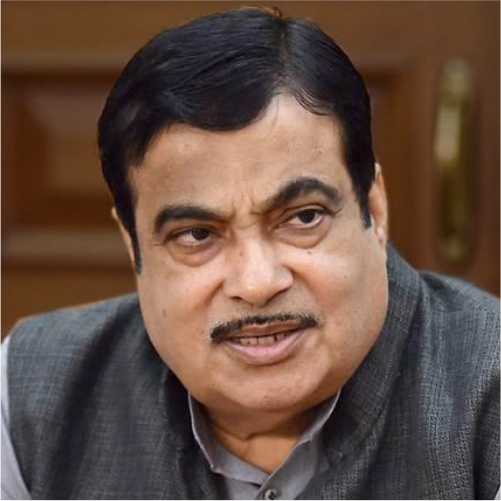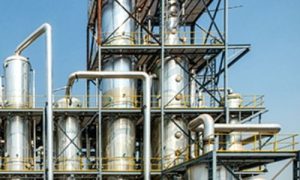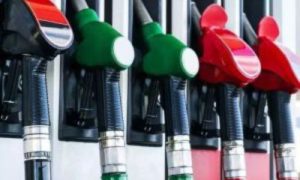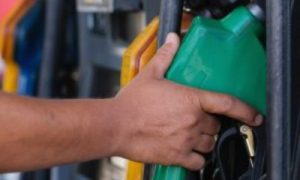Ethanol, methanol, flex-fuel vehicles to grow; range no more a worry, says Nitin Gadkari

Transport Minister Nitin Gadkari assured that “range anxiety” in electric vehicles (EVs) is no longer a concern due to improved battery ranges of 250-300 km per charge. Speaking at the Green Bharat Summit, he highlighted the expansion of EV charging infrastructure, including 770 roadside amenities by NHAI. He also emphasized promoting ethanol, methanol, and green hydrogen as alternative fuels. Methanol-blended diesel and air-conditioned truck cabins are in development.
Road transport and highways minister Nitin Gadkari has said “range anxiety” is no longer an issue, as he sought to address concerns surrounding electric vehicles (EVs) in the country.
“This is not a problem anymore. People used to ask me earlier, ‘What if the car stalls on the road, will you push the car?’ You can see… No car is stopping now. I used to be asked – how will you charge the car? Now, every vehicle runs 250-300 km on a single charge,” Gadkari said at the Green Bharat Summit in New Delhi on December 13.
The National Highways Authority of India (NHAI) has set up 770 roadside amenities, which will include EV charging stations, the minister said.
Talking about green-fuel options, he said, “Ethanol, methanol and other green fossil fuel flex vehicles will grow in India in the coming few years,” with several automobile companies planning to launch such vehicles, the minister said.
Flexible fuel vehicles have an internal combustion engine and can run on more than one fuel, on gasoline or gasoline blended with ethanol or methanol.
He also said that the number of methanol trucks in India is also growing, adding that the government is working on a policy for the introduction of 15 percent methanol-blended diesel.
The minister said methanol costs a fourth of diesel and trucks would benefit from shifting to the fuel. Recently, he announced that trucks would soon come equipped with air-conditioned cabins.
Methanol is a low-carbon, hydrogen-carrier fuel produced from high ash coal, agricultural residue, and carbon dioxide (CO2) from thermal power plants and natural gas.
Gadkari also marked the government’s commitment to reducing transport industry pollution. “Green hydrogen is the next big measure to curb pollution,” he said, adding orders for 1.5 lakh EV buses are already in place but the country’s manufacturing capacity is just 50,000 annually.
Gadkari said India plans to develop roads worth Rs 75 lakh crore, positioning the country as a leader in green transportation infrastructure. “India will become the world leader in manufacturing lithium-ion batteries,” he said.
To read more about Ethanol Industry & Bio Energy News, continue reading Agriinsite.com
Source : Money Control

















